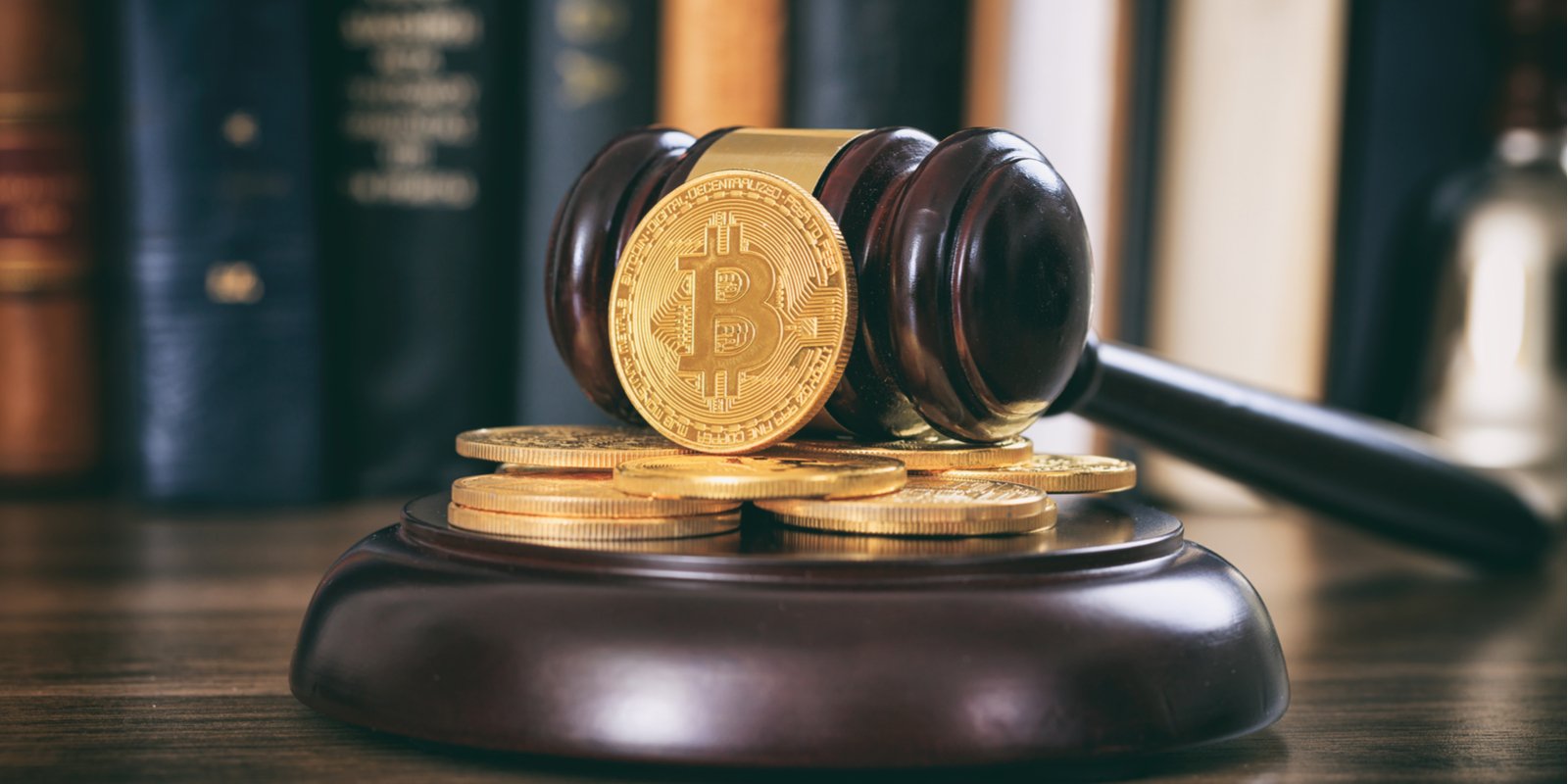
In a recent interview, Matt Kohen and Justin Wales, two senior counsels working for Carlton Fields’ virtual currency and distributed ledger technology group, highlighted the challenges that legal practitioners and regulators face in interpreting United States regulations pertaining to cryptocurrency.
Also Read: Quadrigacx Saga: Founder’s Widow Owns $5.6m Properties, Hospital Confirms Cotten’s Death
Cryptocurrency Lawyers Emphasize Challenges of Current US Regulatory Apparatus
Kohen and Wales are currently working on a more than three-year case pertaining to a Florida-based Localbitcoins trader, Michell Espinoza, who is facing felony charges for running an illegal money service business and money laundering violations.

All charges were initially dropped against him when Judge Teresa Mary Pooler of the Eleventh Judicial Circuit of Florida ruled that Espinoza could not be charged with illegal money transmission offenses because bitcoin was not considered legal tender in 2016. Pooler’s ruling was recently overturned, however, highlighting the challenges associated with juridical apparatus pertaining to cryptocurrencies in the United States.
Regulators Need to Take ‘Holistic View’ of Legislative Classifications
Describing the current regulatory apparatus as a “patchwork,” Kohen emphasized the contradictions that regularly emerge between state and federal legislation. Kohen asserted that virtual currencies appear to comprise “something different to every agency,” adding that the “IRS can look at it as property like a gold bar. SEC gets to say we have a different view. Then you have state regulators who think a digital asset is a commodity or currency. It is tough waters to navigate.”

Wales added: “One of the potential issues is we have securities regulators viewing through a lifetime of experience looking at securities. CFTC is doing the same thing. State and money transmission officers doing the same thing. Tax regulators who do not know what



